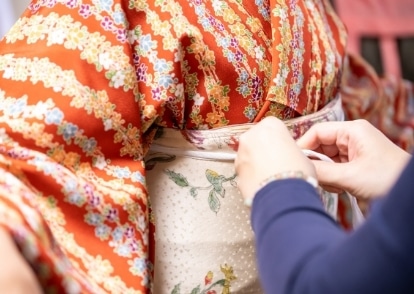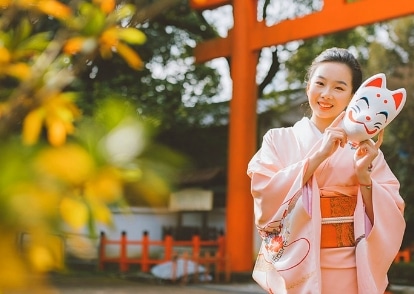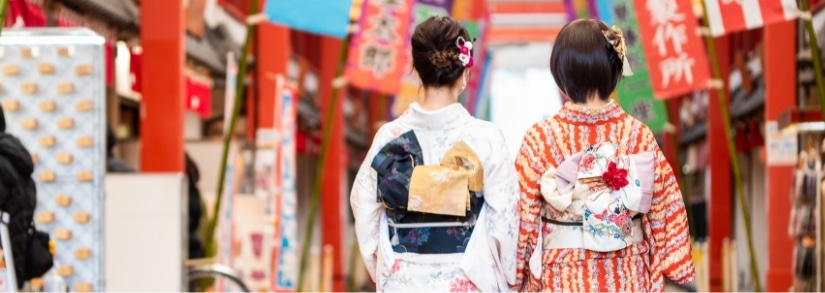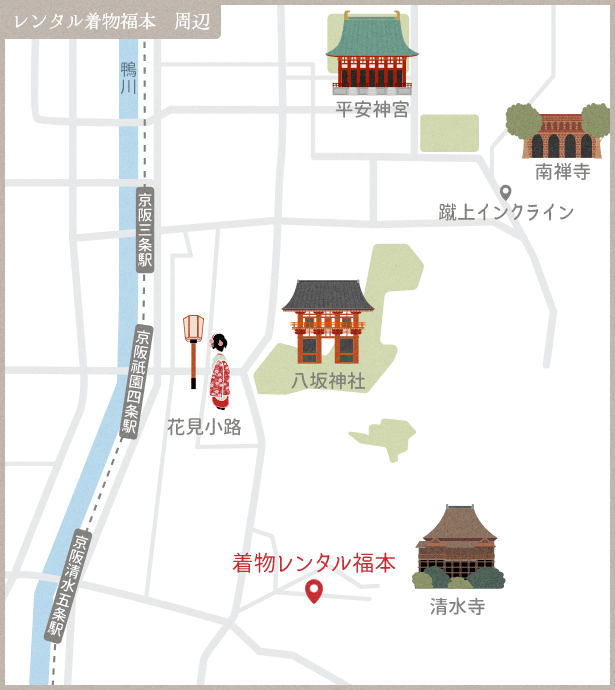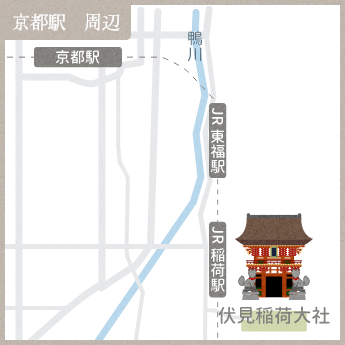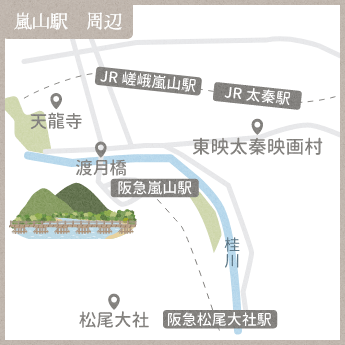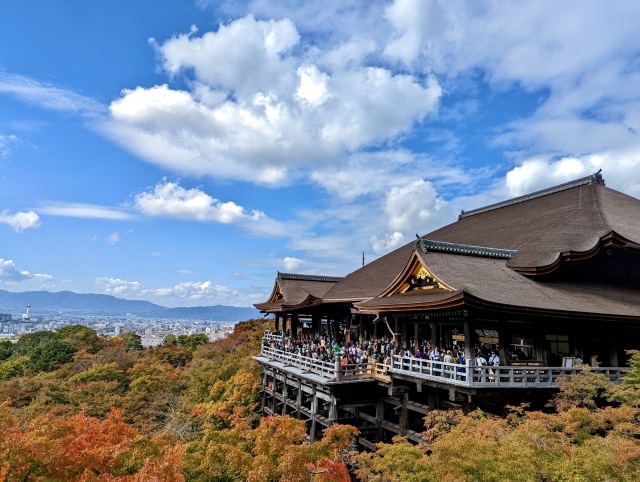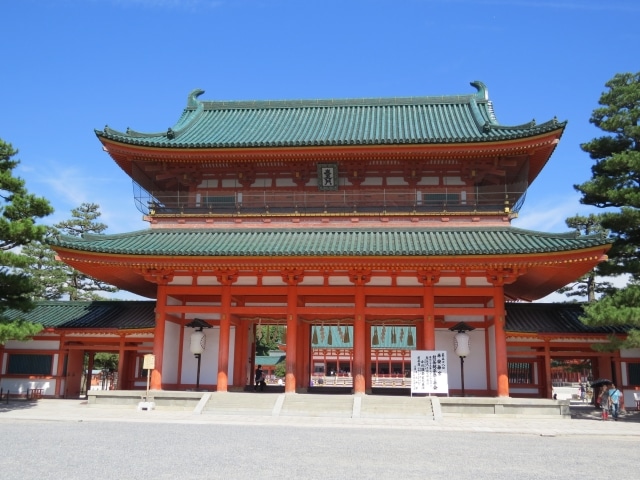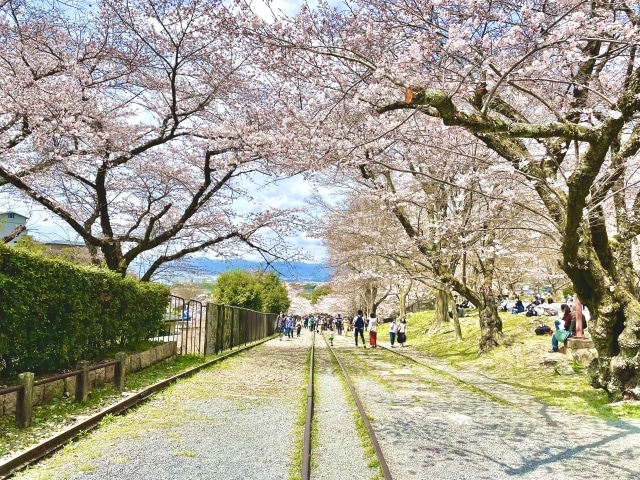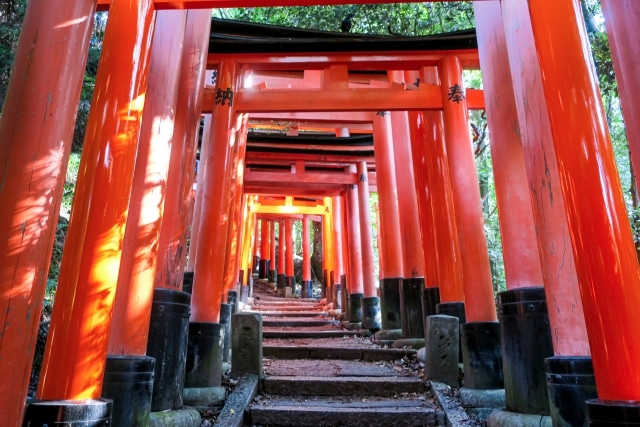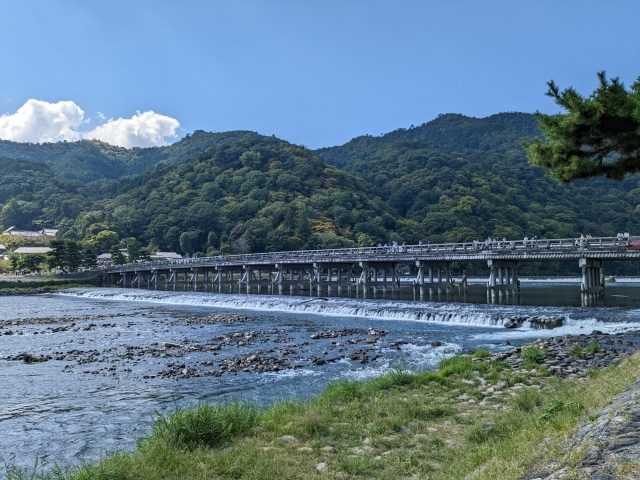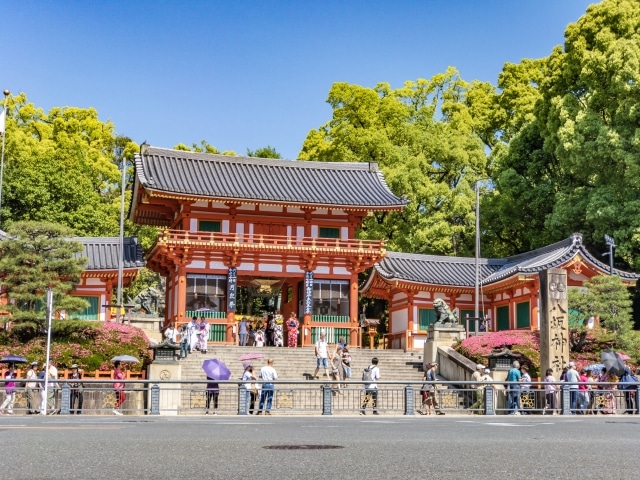Rental plan

Men’s kimono plan
-
Men's kimono plan
4,950円(tax included)
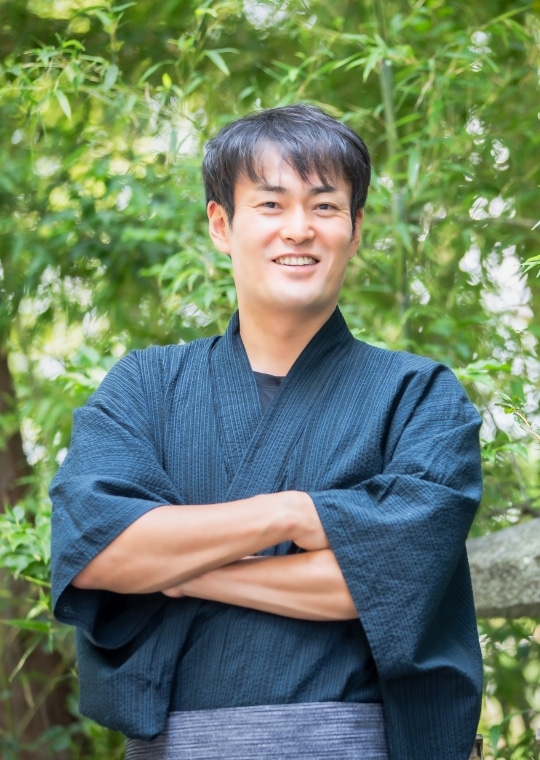
set content
Kimono, obi, undergarment, bag, sandals, socks
- Autumn/winter only
- Shawl/Haori
Fukumoto's obsession
-
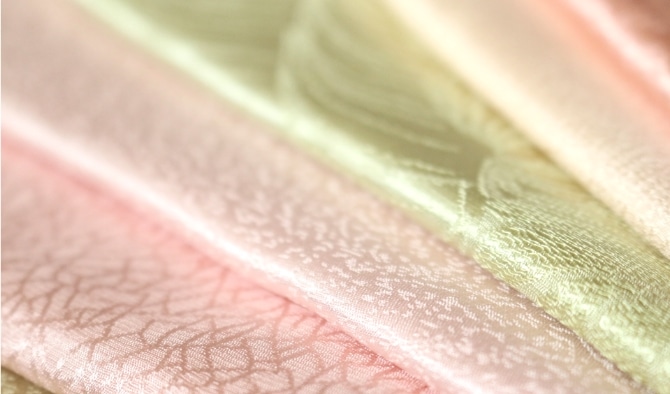
pure silk kimono The main business of the company is the "fabrics, sewing, and dyeing" of kimonos. We have dealt with kimono stores nationwide, Kyoto Yuzen and fabric stores in each production area, so we have prepared many silk kimonos that are particular about "fabrics, sewing, and dyeing" at our rental stores.
-
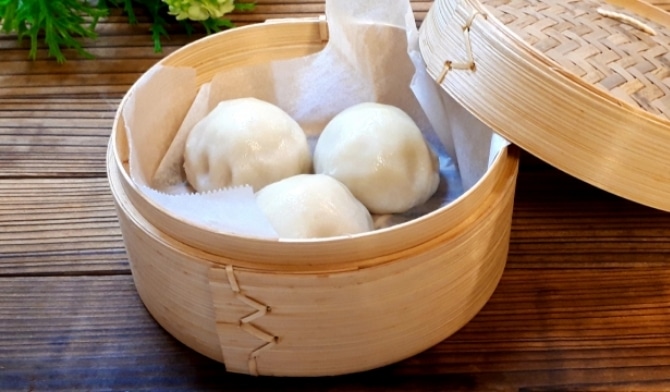
Take a break while drinking tea In order to make the most of your time while waiting for your kimono to be put on, we have set up a dim sum place on the 1st floor where you can take a break and enjoy the "authentic taste". You can use it without renting a kimono.
-
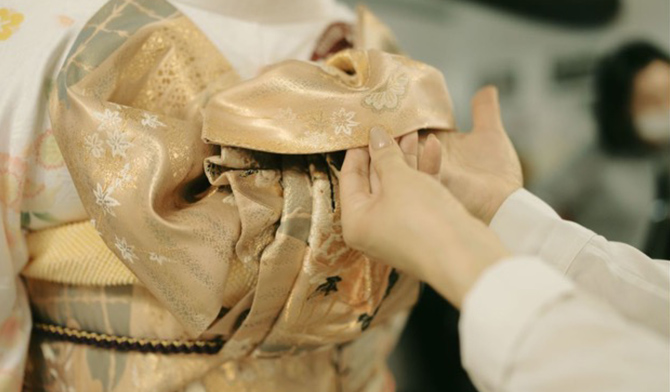
Hair set The staff of hair set holds the qualification of management beautician.
-
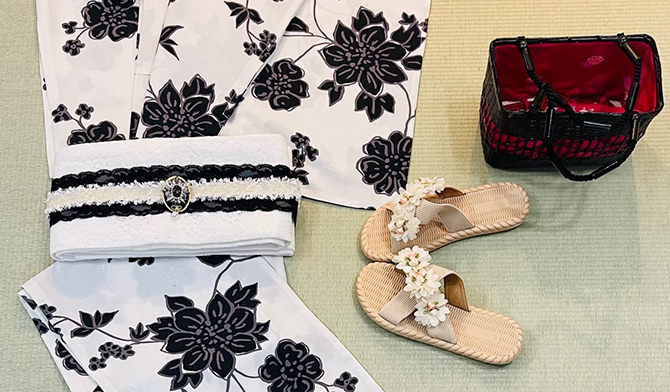
The shop closest to Kiyomizudera This shop is the closest to Kiyomizudera. It is a recommended shop because it is located in a place where you can easily visit Kiyomizu-dera after wearing a kimono.
-
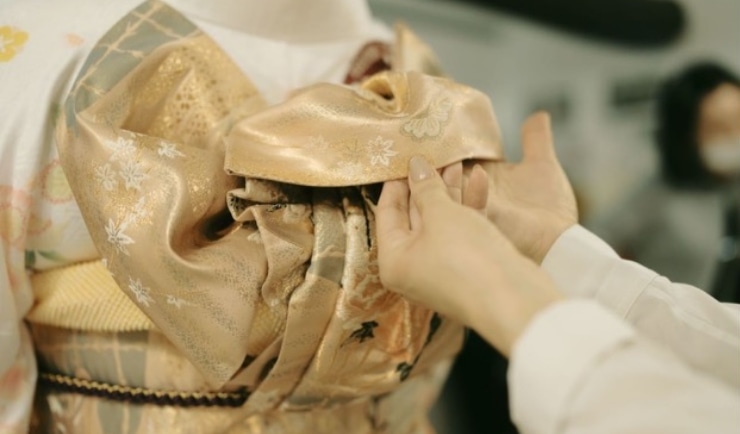
full-fledged dressing The staff in charge of kimono-dressing have acquired the "Japanese Kimono Association Certified Instructor Qualification", and you can experience a full-fledged kimono-dressing experience that will satisfy customers from many years of kimono-dressing experience. . I am confident that I will not be embarrassed to post on SNS.
-
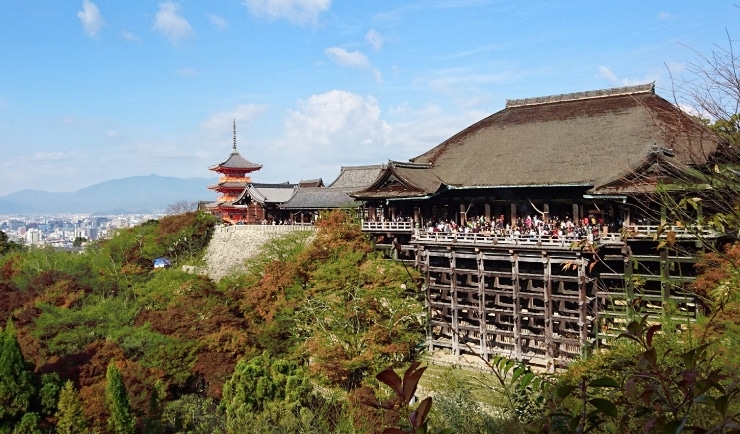
Full pack plan It is a great plan that you can use the following items.
Kimono, obi, undergarment, obi decoration, bag/drawstring bag, sandals, tabi socks + (autumn/winter only) shawl/haori, hair set
Sightseeing map
Recommended spot
1/1

